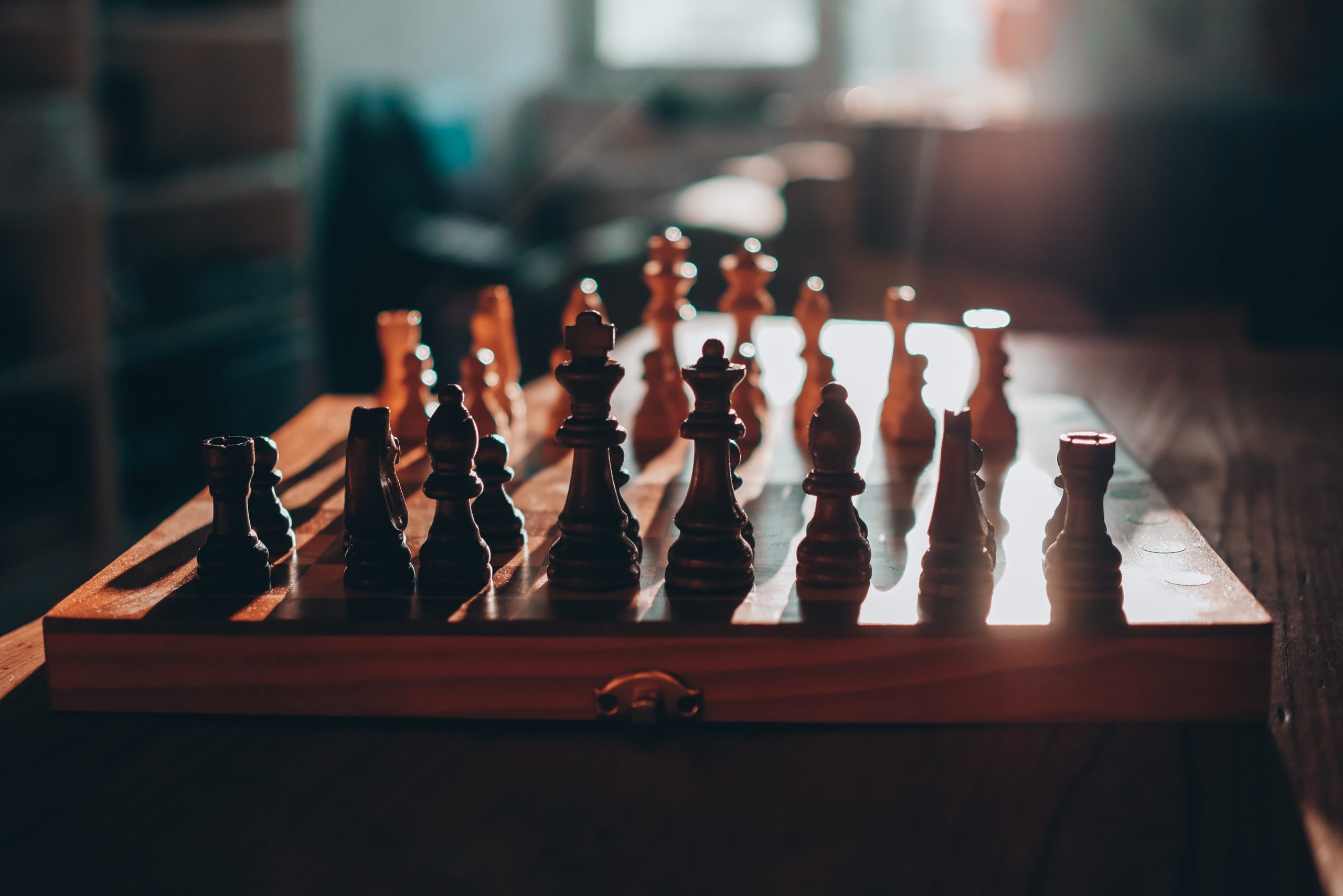Chess is a game of logic. It’s just you, your ideas, and your feelings when you’re at the board. For professional tournament players, possessing the proper psychology in such a situation is crucial. It doesn’t matter how much you practice your endgame, combinational, and opening knowledge—if you can’t get in the appropriate frame of mind, it will be very difficult to get better at the game. In light of this, renowned psychiatrist and counselor Dr. Shrirang Joshi offers us three suggestions that we can use before, during, and after the game. These are straightforward instructions that are simple to understand yet challenging to put into practice. Chess Directory image
Mega package for ChessBase 17
The industry standard for personal, standalone chess databases is called ChessBase. ChessBase is used by everyone, including the amateur next door and the World Champion. Anyone who enjoys the game and wants to learn more about it should use this application.
More…
No ChessBase account as of yet?
Learn openings properly! Expand and keep up your repertoire. By using the variation trainer to play against, you can easily memorize it move by move.
With 1.e4 d5, this video lesson provides you with a full Black repertoire. Including all of White’s crucial efforts to counteract Black’s aggressive strategy as well as all of White’s pertinent minor alternatives on moves 2 and 3.
Napoleon Hill once said, “The only limits we have are the ones we impose on ourselves.”
Do we wish to improve our chess abilities? Do we desire to become GMs or IMs? For the majority of chess players, the response will be affirmative. But how are we advancing toward our objective? Our focus is chess. Everyone will concur that in order to improve our chess playing skills, we must thoroughly study the game. But is that sufficient? The capacity to control our thoughts and emotions is another equally significant but frequently ignored component. The experts can be distinguished from amateurs by this trait. Anyone who is serious about improving their chess skills cannot afford to ignore this. We also need to work on this skill.
“It’s not enough to merely not linger on it when the bad thoughts arise — and they will; they come to all of us. You must swap it out for a constructive thought. Josh Osteen
Think uplifting
A single unfavorable idea might damage our system like a virus. How we react to these negative thoughts is equally crucial. Do we have the capacity to block out the bad thoughts and replace them with positive ones, or do we constantly replay them? When we can’t figure out a tricky tactical challenge during training, we could start to doubt our skills. When we are competing against a stronger opponent or in a game where we must win, we could feel anxious and uncomfortable. How ought we to respond to our pessimistic thoughts?
“I don’t want to be controlled by my feelings. I want to exploit them, take pleasure in them, and rule over them. by Oscar Wilde
Our emotions can fuel us. Enthusiasm and a good sensation will come from experiencing positive feelings. But unfavorable feelings will serve as a barrier. They will depress us, interfere with our ability to focus, and keep us from giving our best effort. Every time we lose a game, we could feel bad about it. Tennis rackets have reportedly been thrown by players in a fit of rage. Only when such players have emotional control do they reach their full potential.
So how do we exercise mental and emotional restraint? Do we really need to employ complicated methods? Do we have to go through any training for that? What is attainable? Most gamers won’t need to perform any complicated actions if they adhere to the straightforward advice provided here.
In order for our minds to be active, only three thoughts need to be fostered. If we maintain a laser-like concentration on these three ideas, we will achieve extraordinary outcomes. These three ideas will serve as an anti-virus and shield our minds from other bad thoughts and emotions by focusing on what should be done rather than what shouldn’t be done. They will enable us to operate at our very best.
Prior to the game
Both the quality and amount of our training should be priorities before a game. Both the amount and quality of our training should be increased. More is preferable. Beyond this, no other consideration is required.
The Indian team worked very hard to prepare for the Baku Olympiad, where they came in fourth!
Throughout the game
Choosing the best move: We could be up against a GM or an IM, a tactical or a strategic player, or a higher or lower rated opponent. We might be in a game that we have to win. Possible sources of pressure include our own expectations as well as those of our parents and coaches. Despite everything, we should always be fully focused on making the best play possible during any game. We will only be able to handle pressure if we are completely focused on making the best move.
What is the position’s best maneuver? Amruta Mokal in a photo
following the game
What went wrong: Only those players who admit to and fix their errors will advance. Therefore, a sincere and objective analysis of our games is necessary to spot our flaws. We must recognize the pattern in our errors and respond by strengthening our deficiencies. This will help us learn from our mistakes and help us improve as chess players over time.


